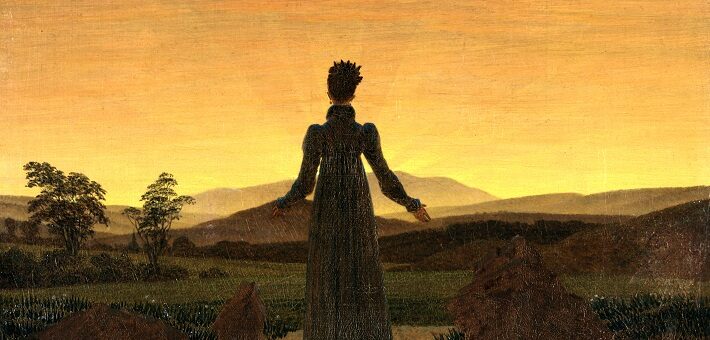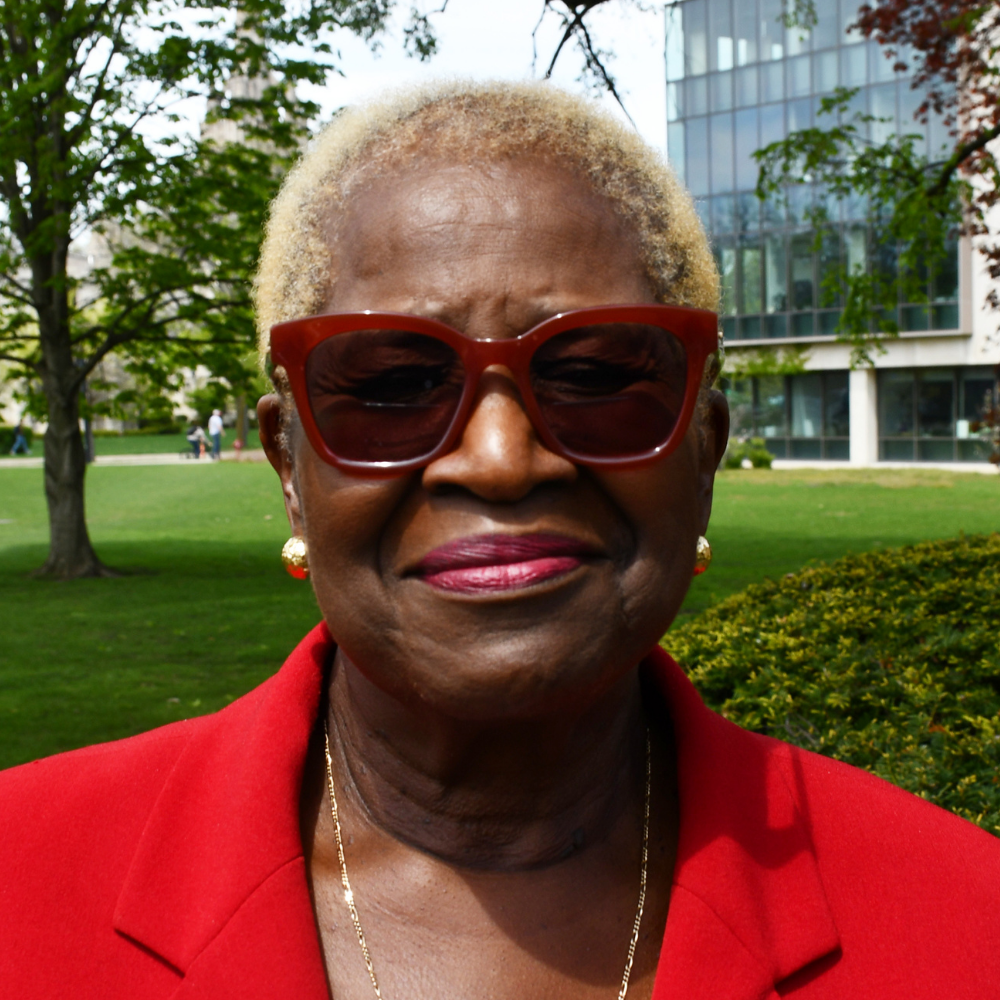Commentary on 2 Samuel 11:1-5, 26-27; 12:1-9; Psalm 51:1-9
The appearance of this text at a time when news reports are inundated with stories of the abuse and victimization of women by men of power offers both an opportunity and a challenge for the faithful preacher.1
When viewed from the perspective of Israel’s history that the books of Samuel reflect, its focus on the man, on David, the King, is understandable. But in doing so, Bathsheba, the woman in the story, the victim on multiple counts, gets overlooked. She becomes incidental to the story and over time even gets a bad rap from interpreters. This is a story of rape and murder, of sexual misconduct of the highest order and egregious abuse of power. Appearing as it does in the climate of the “Me Too” movement, and the everyday occurrence of powerful men being brought low by similar misconduct, extra care must be given to the interpretation of the text and the development of the sermon preached from this text.
One way of doing that and bringing Bathsheba’s story and the plight of abused women to light is to tell the story from the woman, the victim, Bathsheba’s point of view; to make Bathsheba the primary figure and David secondary. Bathsheba, the victim has a story to tell that also places her solidly in the annals of history. Beyond her victimization, hers is also a story of courage and strength whereby she speaks for all people, both female and male who suffer abuse and have that suffering compounded as they are further victimized, doubly punished for the abuse they suffered.
Bathsheba is in her rightful place. She is having the ritual bath required by law after her period. According to temple laws, she is unclean during the days of her period and must partake of a ritual rite of cleansing in order to return to temple worship. The dichotomy of being gifted by God with the ability to bear children and being branded as unclean because of that gift is an issue that still plagues some churches and cultures. Much later in scripture God cautions Peter to refrain from branding any part of God’s creation as unclean (Acts10:15). Perhaps those who would consider a woman’s natural function unclean, would bear those words in mind, since that functioning is God-ordained. Bathsheba knows the rules and follows them.
David, on the other hand is not where he is supposed to be. There’s a battle going on and he is not at the head of his troops, as his kingly role requires. Moreover, he is taking the opportunity provided by his dereliction of duty to spy on a woman taking care of her private needs. It is an old adage, much repeated in some circles, “the devil finds work for idle hands to do.” Said another way, if we are about the business to which God has set us, there is little room left for us to do what we ought not to do.
Mischief-making is too often the purview of those who are not where God has placed them; who deliberately neglect the task to which they have been called, in order to indulge in activities designed to satisfy their human appetite. When that is done, innocent ones suffer. Bathsheba is innocent of wrong-doing, even to the point of obeying the dictates of the king at the cost of her own peace of mind. As many in society she responds to the voice of authority because she is required to do so, because of the hierarchical structure of her world, which places her on the bottom. When her abuse is compounded by an unwanted pregnancy, Bathsheba turns to David for help and is victimized further as her husband Uriah is murdered.
It is the story of poor women everywhere who because of their poverty must turn for help to their abuser because she has nowhere else to turn. What response is required of us when innocent ones are victimized? How can we, the church, provide a place of safety and become a refuge for those who have been victimized. Sadly, the church itself has become an institution that has succumbed to some of the same challenges found in society. Abusers and victims exist side by side and many victims, like Bathsheba, find themselves seeking help from the very ones who cause their situation. And one wonders if and what God sees; if and when God will act to vindicate victim; if and what God will do to bring justice to the oppressed. How are we or can we be representatives of God’s justice?
The text continues with David’s instructions regarding the method of carrying out the murder of Uriah and Bathsheba disappears from sight. So many victims are “disappeared” as their stories go untold and their pain is unrealized or ignored. In this story, Uriah’s victimization comes to the forefront and although he suffers the ultimate wrong, loss of life, it is also the end of his victimization. Bathsheba continues to be a victim and yet her situation is overlooked.
The text is silent, but we can learn much from listening to the stories told by women who have begun to speak of the mental agony they continued to suffer years after the physical abuse. The memory and effect of their abuse and victimization becomes an ongoing source of pain that impacts their personal relationships and other areas of their lives. It takes little imagination to see Bathsheba’s situation and experience as similar to that of today’s abused women or to see each woman victimized as Bathsheba. To see them must be to hear their cries for justice.
As we move to the end of the chapter, we find continued evidence of the story of Bathsheba’s victimization being pushed to the side or even ignored. In 2 Samuel 11:26, she loses name identification and is referred to simply as “the wife of Uriah.” One may somewhat justifiably make a response that the historical focus of these texts is on Israel’s monarchical line that begins with David. But, given that every sermon is preached in a congregational, community, national, and global context, Bathsheba’s situation as a victim of personal and sexual abuse and violence cannot be ignored in today’s national concern with bringing such abuse and violence against women to an end.
In the same way that she was following the mores of her culture and religion by taking a ritual bath as a means or sign of cleansing at the required time, so too upon hearing of her husband’s death, she followed all the mourning rituals required of her, despite the challenge she faced because of her pregnancy. Whatever they were, she did what was expected of a grieving widow. And also following a pattern of privileged, abusive behavior, as the text says, “when the mourning was over, David sent and brought her to his house” (2 Samuel 11:27).
There is no mention of Bathsheba’s consent to the upheaval in her life. Most likely she is unaware that her husband was murdered, and given her situation, pregnant and without a husband, she has no choice but to become the wife of the very one who is responsible for her untenable situation. It is the plight of so many women across the world, especially women caught in the grip of poverty, that they are subject to repeated victimization because they are without other options. David knows that his deed will not remain hidden, if even it is at this point, since he had to enlist others to carry out his murderous plan, and he tries to cover-up his misdeeds by marrying Bathsheba.
Bruce C. Birch, commentator of 2 Samuel says: “This is a classic story of the arrogant misuse of power for personal whim.”2 Yet neither he nor the several commentators consulted give any specific attention to Bathsheba’s situation or her resultant feelings. While it is true, as Birch says, that “The story of David’s adultery and murder reminds us of the deadly spiral of violence that can escalate from a single act.”3 What it also brings to light is the way in which female victims of violence are overlooked and continue to be placed within the power of their abusers. Even God, it seems, neglects to seek justice on behalf of the woman.
When the prophet Nathan comes to David, the message of God’s displeasure is not linked to the harm done to Bathsheba. The evil for which David is being chastised is named as the murder of Uriah. God, says Nathan, is displeased because of Uriah’s loss of his life and his wife. But God shows no displeasure, or so it seems, that said wife was the first to suffer violence at the hands of God’s chosen king. Her suffering is incidental to the “real” issue of Uriah’s violent end.
So does God react differently to the suffering of women than the suffering of men? It is a question worthy of note as one preaches this story. It is a question each preacher must answer to the women of their congregation, who so often represent the largest percentage of members and attendees at worship.
Over the centuries Bathsheba has been presented in ways that have done great disservice to her as an abused woman. Without any supporting evidence she has been vilified as a seductress, who tempted David until he sent for her. On the other hand there have been attempts to make of this abuser/abused situation, a romantic affair, with even a movie being created to support the myth. The preacher who takes on the task of making this sermon relevant to the present, and who must make clear the ongoing love of God for all, cannot be satisfied with simply stepping over Bathsheba’s pain and moving quickly to David’s confession.
That God sends the prophet to inform David of divine displeasure over David’s behavior does provide a teaching moment that speaks of God’s grace. God could have allowed David to believe that he had succeeded in getting away with his sin, but instead chose to open a path to David’s restoration to divine favor. But that still places all the focus on David while Bathsheba remains outside the line of vision. Perhaps the best that one can take from this story that speaks a word of justice for the oppressed is that God takes action on behalf of the oppressed.
Bathsheba as a woman in her society, was powerless to call David to account for what he had done to her. Whether recorded or not, God saw what had been done to Bathsheba. She too was a child of God, with all the rights and privileges of God’s favor. And any word that speaks of divine justice is directed to all who have been abused and offers them justice whether or not they are called by name. That’s the preacher’s task, to make present to their situation, the reality of our God, who seeks justice for all people.
Notes:
1 This commentary adapted from RCL semicontinuous commentaries first published on this site on July 29, 2018, and Aug. 5, 2018.
2 Bruce C. Birch. New Interpreter’s Bible Commentary, Volume ll.1&2 Samuel. Nashville: Abingdon Press, 1998,1288
3 Birch, 1288.
PRAYER OF THE DAY
God of forgiveness, you showed your servant David the error of his ways, and forgave him for his sins. Forgive us, and help us to see how we might live differently to honor you. We pray these things in the name of Jesus Christ, our Savior and Lord. Amen.
HYMNS
For by grace you have been saved, ELW 598
Change my heart, O God ELW 801
Great God, your love has called us ELW 358
God, when human bonds are broken ELW 603
CHORAL
Create in me, Carl Mueller/Various


October 21, 2018